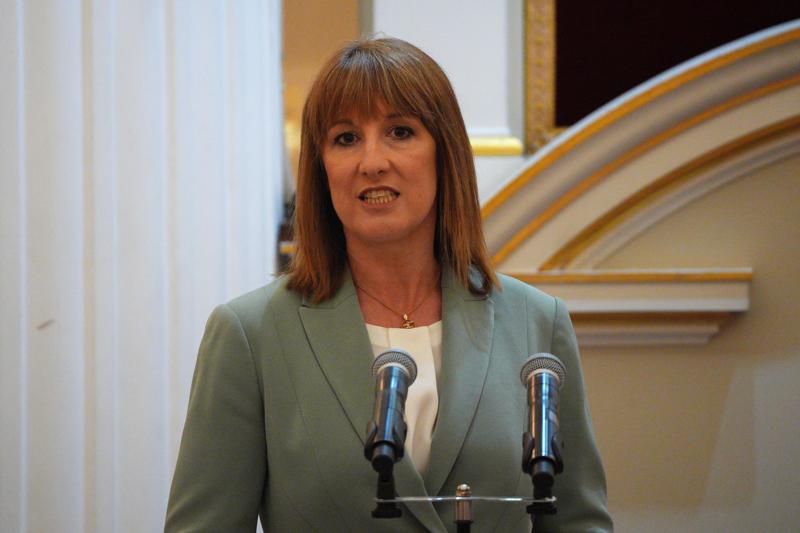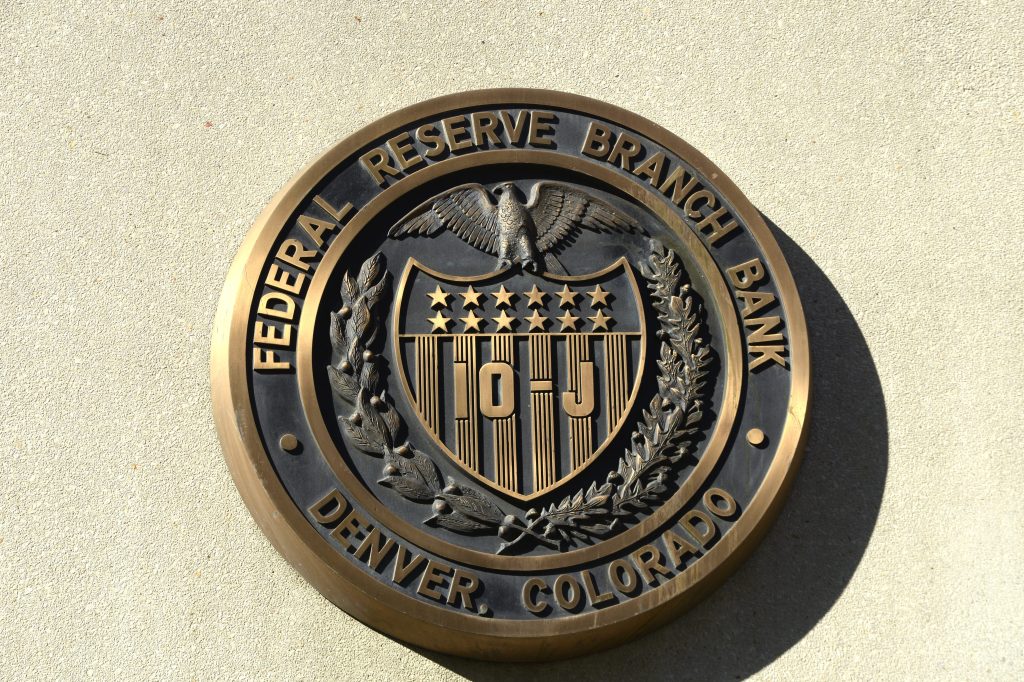South Korea’s Financial Intelligence Unit (FIU) has put in place a work plan to strengthen the response to money laundering related to virtual assets and illegal private finance.
After encouraging financial sites to actively report suspicious transactions, the number of reports to FIU increased 49% compared to the previous year.
The work plan includes:
- Direction of supervision of financial companies, strengthening in-house AML capabilities.
- Market health and user protection of virtual asset business operators through strengthened report screening and inspection.
- Screening and analysis: focus on detecting virtual assets and illegal private finance crimes.
- Establish high quality AML systems in accordance with international standards.
The country has relatively high crypto adoption rates, with 20% of people saying they either owned or used cryptocurrencies in 2023.
FCA warns of misleading investments
The regulator says over 10,000 financial adverts and other promotions were withdrawn or changed over the course of 2023, an annual increase of 17%.
There’s been a particular focus on cryptoasset promotion, with 450 consumer alerts issued in Q4 of 2023, after the regulator was granted new powers by the government to focus of illegal cryptoasset promotions.
In October 2023 the FCA issued 146 alerts within the first 24 hours of the implementation of its cryptoasset promotions regime.
New screening checks are complemented by the Consumer Duty, which came into force in July last year with the aim of setting a higher standard of consumer protection in financial services more broadly.
“People need clear, fair and accurate information to base their financial decisions on. We will continue to intervene and take action when we identify firms not meeting our minimum standards.”
Lucy Castledine, Director of Consumer Investments, FCA
As of 7 February 2024, authorized firms need permission from the FCA if they want to approve promotions for unregulated persons.
The FCA has also worked alongside the Advertising Standards Authority (ASA) to educate ‘finfluencers’ about their legal obligations when seeking to promote financial products.
Influencer Sharon Gaffka shared FCA promotional materials as part of an initiative to crack down on celebrity promotions. This received high levels of engagement and positive press coverage welcoming the FCA working in a different way to educate the industry.
“People need clear, fair and accurate information to base their financial decisions on. We will continue to intervene and take action when we identify firms not meeting our minimum standards,” said Lucy Castledine, Director of Consumer Investments, FCA.
The FCA also identified unauthorised activity from 43 unauthorized firms and issued 30 alerts, saying it has engaged other regulators where applicable.
US Treasury says Hamas’s crypto use estimate inaccurate
US Treasury Under Secretary for Terrorism and Financial Intelligence, Brian Nelson, said during a hearing this week that Hamas’s financing using cryptocurrency is not as widespread as previously implied by media reporting.
He added that the dollar amounts published in the media were inaccurate and that cryptocurrencies are not a popular tool used by Hamas and the Palestinian Islamic Jihad in their terror financing efforts.
The comments were made during a hearing titled “Oversight of the Financial Crimes Enforcement Network (FinCEN) and the Office of Terrorism and Financial Intelligence (TFI)”.
On October 10, 2023, the Wall Street Journal reported that between August 2021 and June 2023, Hamas received $41 million in digital assets and the Palestinian Islamic Jihad received $93 million in digital assets.
“The numbers noted in the Wall Street Journal piece talked about wallets but not necessarily the disaggregated numbers among the wallet’s customers,” Nelson told the hearing. “I think we can have a classified conversation about precise numbers or expectations. I think we have done, in both Hamas and the PIJ, a good job in identifying the virtual asset service providers that they have relied on and the financial facilitators that they have historically relied on that would tend to use virtual assets. So, we do not expect the number is very high particularly.”
Research firm Elliptic said last year there is no evidence to support the assertion that Hamas has received significant volumes of crypto donations and that it had engaged with the Wall Street Journal to correct misinterpretations of the level of crypto fundraising by Hamas.

















